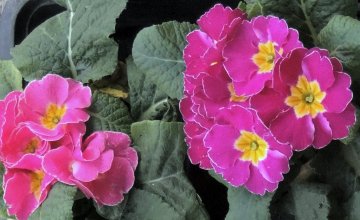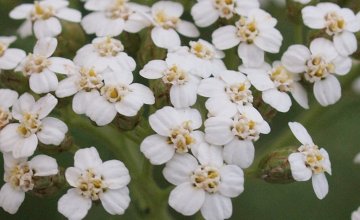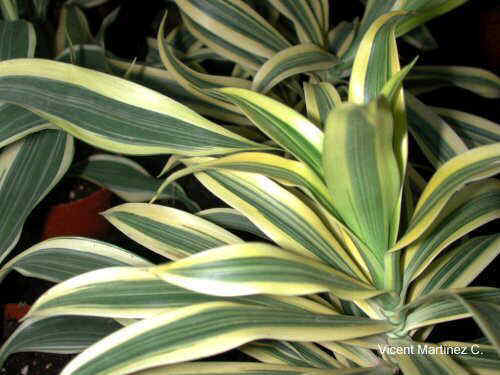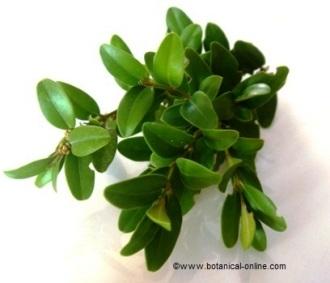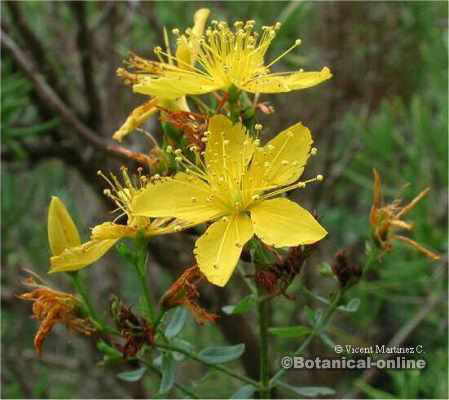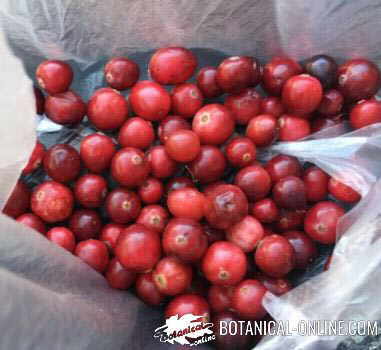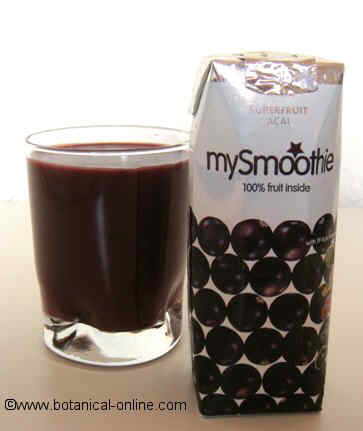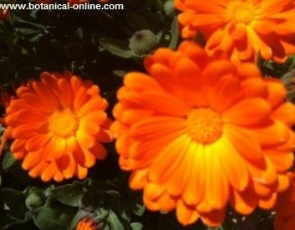Contents
- 1 What vitamins and minerals do aromatic herbs and spices have?
- 1.1 Importance of aromatic herbs and spices
- 1.2 Much more than aromatic plants
- 1.3 What are the main nutrients in aromatic herbs and spices?
- 1.4 Aromatic herbs and spices to reduce salt consumption
- 1.5 Aromatic plants are the foods richest in potassium
- 1.6 Why don’t dietitians care about potassium?
- 1.7 Sodium – potassium balance of the diet
What vitamins and minerals do aromatic herbs and spices have?
Importance of aromatic herbs and spices
The food properties of aromatic herbs and
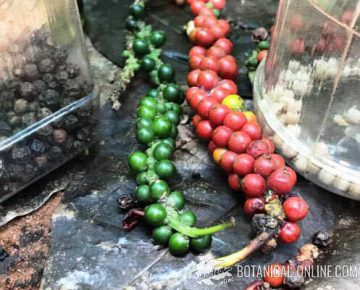
spices are unknown to most diners, who are usually unaware of their enormous potential. The truth is that they are a very important component in the diet because they constitute a great source of nutrition and health. These ingredients enrich the nutritional properties of all the dishes, as well as their flavor and aromas, and also have the great advantage of being affordable for all budgets.
Much more than aromatic plants
Aromatic plants have many nutrients and can provide health benefits, including appetite control, improvement in hypertension, cholesterol reduction, neuroprotective effects, improvement of sugar control,… In fact, almost all aromatic plants are also known as medicinal plants.
Unfortunately, many official nutrition guides still do not include this valuable food group in their recommendations, which is a big mistake and a step backwards in human history, where spices have always played a very important role.
It should be recognized that the most modern Mediterranean dietary guidelines do include the consumption of aromatic herbs and spices, for example in the last major update of 2011.
What are the main nutrients in aromatic herbs and spices?
Everyone has more or less integrated that certain food groups are a source of certain nutrients. For example, fruits contain vitamin C, legumes have a lot of proteins and minerals, or vegetables have a lot of fiber and antioxidants. In the same way, it can be said that aromatic plants are a source of nutrients that are so concentrated in other foods, and are part of the foundations for a good diet:
- They are the foods richest in potassium, a very important mineral for heart and kidney health.
- They are also the foods richest in calcium, providing a good amount, even in the daily doses consumed.
- They top the lists of the richest foods in manganese.
- They are also one of the richest foods in phytosterols that exist (per 100g)
- They reduce sodium intake, because they enhance the salty taste and avoid the use of too much salt.
- Some herbs stand out for certain vitamins
- They have health benefits
Aromatic herbs and spices to reduce salt consumption
Perhaps one of the first useful applications given to spices and aromatic herbs was to economize
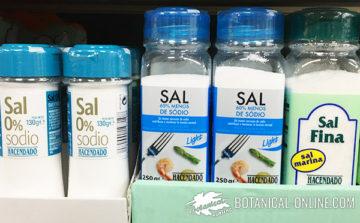
salt when it was an expensive product. Spices, chemically, have the ability to enhance the salty taste by avoiding the use of so much salt, that is, it increases the sensitivity to salty taste. Therefore, adding spices is a good way to use less salt.
For example, the addition of Szcechuan pepper is being studied to reduce the salt added to French fries in fast food restaurants, since this spice has very powerful properties to enhance the salty taste, without contributing as much sodium. In addition, this spice has appetite-decreasing properties, which could influence obesity.
Aromatic plants are the foods richest in potassium
In addition to reducing salt intake, spices and aromatic herbs offer other nutritional benefits, among which it stands out that they are the most important source of potassium in the diet.
Potassium is very important mainly because of two functions it performs in the body:
- It is diuretic: Potassium is essential to eliminate fluids in the body and to eliminate excess salt consumed in the diet.
- It is necessary for a healthy heart: This mineral may make some people think of athletes, and so it is. Potassium is necessary for muscle contraction to occur, and when it comes to muscles, a very important one is the heart. Potassium is necessary to maintain a healthy heart rhythm.
Why don’t dietitians care about potassium?
Despite the important functions of this mineral, you don’t normally hear about potassium because this mineral is found abundantly in the diet. However, many researchers have refocused on this nutrient for a very important reason: potassium needs increase when you eat a lot of salt.
Sodium – potassium balance of the diet
For 2 million years, the human diet has been very rich in potassium and low in sodium (salt), because salt has always been a difficult product to obtain.
In addition, naturally, all foods are richer in potassium than in sodium (whether meat, fish or seeds, as well as vegetables and fruits).
For these reasons, our kidneys are adapted to retain sodium and eliminate a lot of potassium. It is well known that any substance that you want to eliminate requires potassium. For example, diuretic drugs work by eliminating potassium through the kidneys, because this mineral always “drags” water.
![]() More information on aromatic plants and spices
More information on aromatic plants and spices

